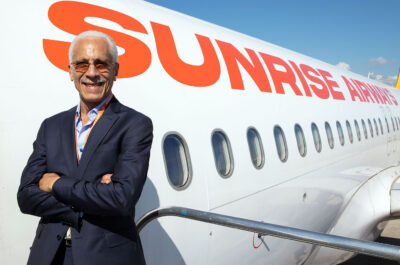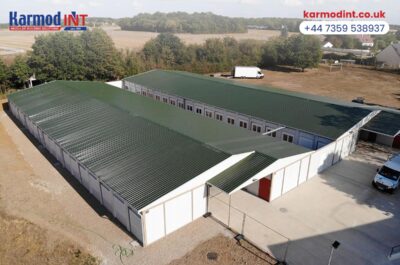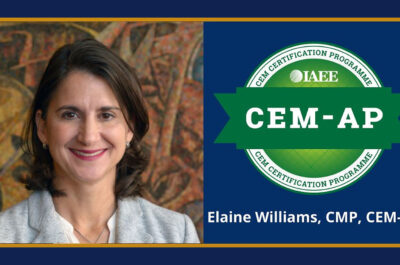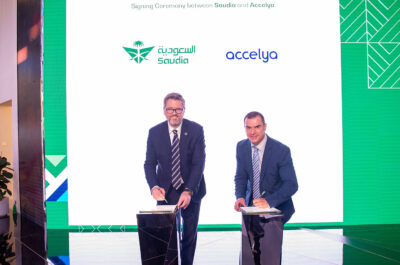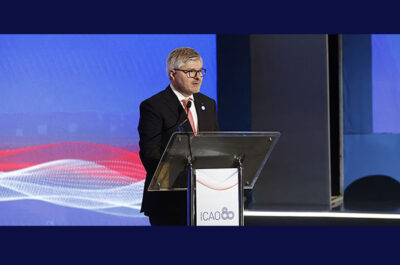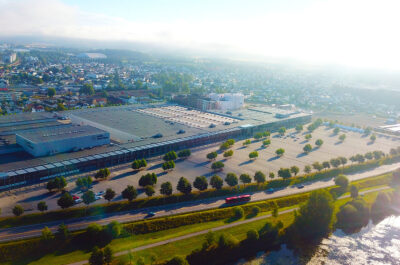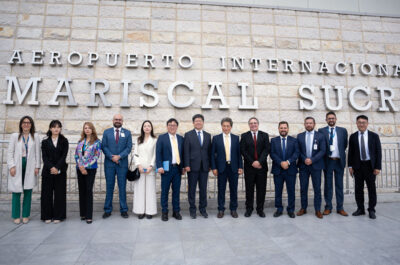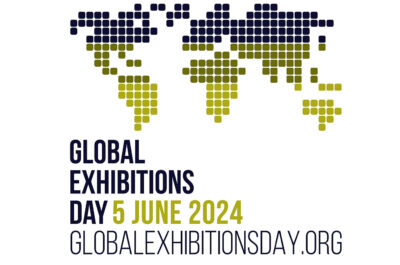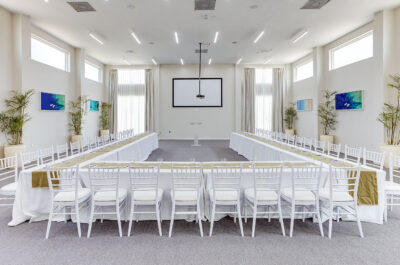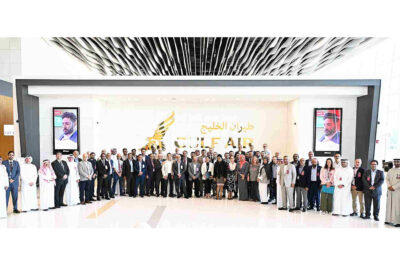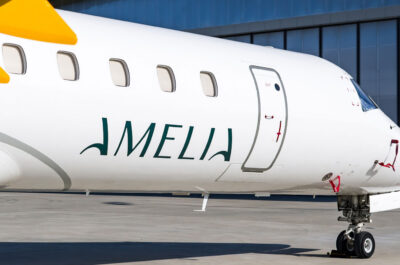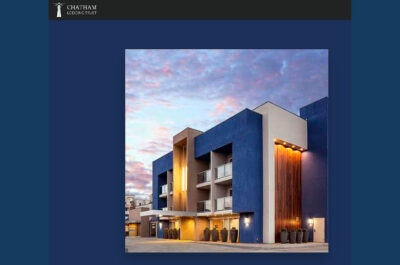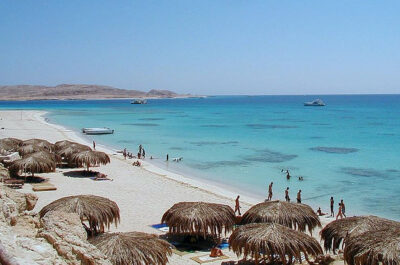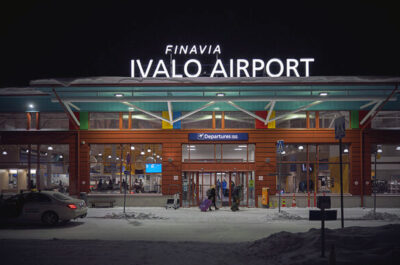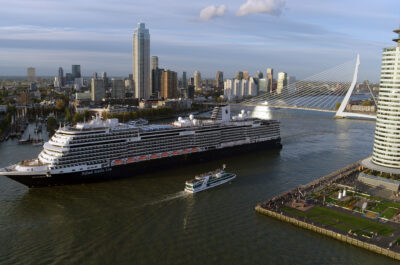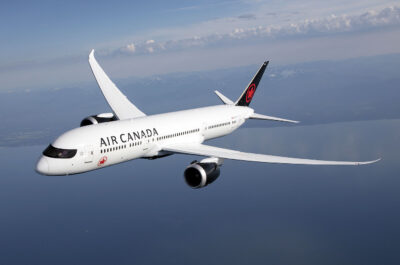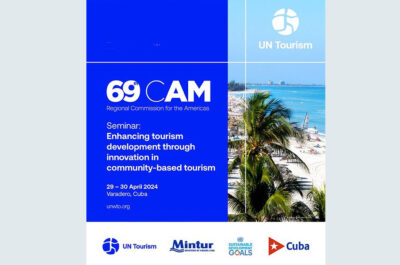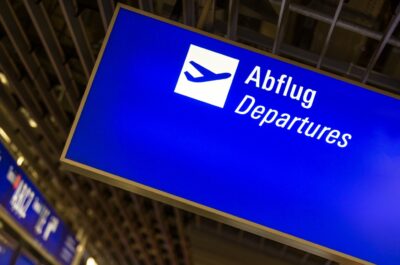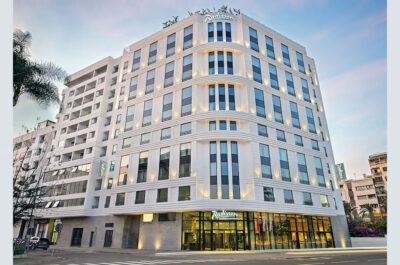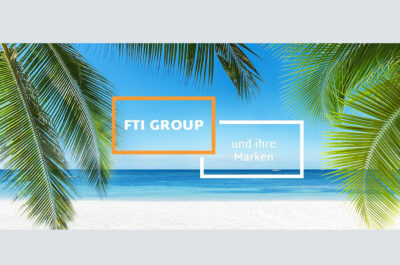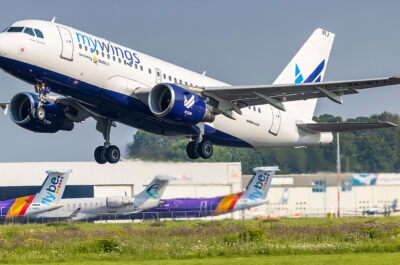…
Single Asset Transactions by Country
For the first time in the HVS transactions survey, the Spanish single asset hotel investment market has succeeded in outperforming the UK. In 2003, Spain recorded a total of 28 qualifying transactions totalling approximately €880 million, some 27% of total transactional activity, compared with 27 qualifying transactions for the UK, totalling approximately €780 million. Other European countries with publicly available sales activity included Germany (9 transactions), Ireland and Sweden (6), France (3) and Italy, the Netherlands and Portugal (2).
Sales Activity by Country 2002-03 (Based on Investment Volume)

Despite a challenging period for the European hotel industry, with the majority of cities experiencing a decline RevPAR, the hotel investment market in 2003 has been relatively robust, as investors took advantage of factors such as a low interest rate environment, the continued availability of debt finance and counter-cyclical opportunities. Furthermore, the strong level of single asset hotel investment during 2003 underlines the increased recognition of hotels as a real estate class for a wide range of investors.
The total number of rooms transacted in 2003 increased over 2002 levels by over 50%, equating to approximately 18,700 rooms. The Spanish market has been the most liquid, with over 7,200 rooms transacting during the year. Much of the country`s investment activity comes as a result of the fragmented market, with independent owners seeking to dispose of their interests.
The UK, which has historically been the most liquid investment market, experienced buoyant activity, but failed to match the performance of 2002. Investor interest remains strong but, with few distressed sales and owners weathering the depressed trading environment (helped by low interest rates), there have been fewer quality assets available on the market.
Nevertheless, the single asset investment activity, in terms of the number of transactions, in a number of the main European markets, such as Germany, France, Italy, Irelandand the Benelux countries, recorded a sizeable increase in transaction activity by rooms sold and investment volume in 2003. This is due partly to opportunistic buyers taking advantage of the market during the declining and/or bottoming out of the cycle, but also more significantly due to the availability of finance, thanks to the increased transparency as a result of the euro.
Meanwhile, the Eastern European investment market continued to weaken, with no transactions recorded, either by HVS or made public, for major markets such as Prague or Budapest. Eastern European markets are still considered to be high-risk environments and, while many markets are considered to have strong performance potential for the future, investment levels within this region are somewhat hindered by lower loan to value ratios, often higher interest rates, and, in markets such as Warsaw and Budapest, a high level of new supply. Nevertheless, investor interest is expected to increase in 2004 and beyond, as the expansion of the European Union and the eventual introduction of the euro is likely to reduce somewhat the countries risk factors.
In today`s market, factors such as the desire to gain increasing international presence, a common currency such as the euro, new sources of investment capital and the underperformance of the stock markets have all influenced the European hotel investment market. In addition, the cyclical nature of the hotel industry has helped nurture the investment levels witnessed in 2003, despite the lack of quality products available in certain markets.
Transactions by Country/Region 2000-03 (By Sales Volume € 000,000s)

The total sales volume of single asset transactions in 2003 outperformed the performance of the previous year by 44%, rising to approximately €3.1 billion. This impressive level of activity confirms the belief of investors that the European hotel operating markets are approaching the end of a decline and will benefit from counter-cyclical opportunities.
The average price per room paid in 2003 of approximately €175,000 is approximately 1% lower than the average price per room paid in 2002 and 3% lower than 2001. The fall in the average price per room paid is correlated with the operating performance of the European hotel industry. The terrorist atrocities of 11 September 2001, the war in Iraq, the outbreak of SARS, the prolonged economic slowdown of theEurozone economies and the weakening US dollar have all contributed to a challenging operating environment and these factors have been factored in to the sales price. In addition, the average price per room is affected by the market positioning of those hotels transacting, with the majority of single asset transactions in 2003 being mid-market hotels. However, a number of quality hotel assets also exchanged hands, which somewhat elevated the average price per room.
Quality hotel asset transactions in 2003 achieving a high price per room included the Marriott Champs-Elysées in Paris, Skibo Castle in Scotland and the Royal Crescent and Cliveden Hotels in the UK.
Average Price per Room by Country/Region 1999-03 (€ 000s)

Note: The transaction price for the Marriott Champs-Elysees is confidential, and we have therefore estimated the average price per room in France for 2003.
Source: HVS International Research
Cross-Border Activity
In 2003 approximately 75% of acquisitions took place within the buyer`s country of origin, compared with 85% the previous year. Hotel investment is increasingly becoming a global affair and this trend is set to continue. Hotel operators seek to build a dominant global presence; meanwhile, quality hotel assets have become a more mainstream asset class, and as such there is an increasing inflow of capital from both debt and equity sources. Cross-border deals in Europe are also facilitated by the euro, as it has allowed greater transparency and increased the pool of potential lenders and investors seeking to invest in European markets.
Cross-Border Activity 1999-03

Conclusion
The European hotel industry during 2002 and 2003 has had to cope with a number of exceptional and unprecedented events. These trials have highlighted the volatile nature of the sector, with the majority of hotel markets experiencing sharp declines in RevPAR. Such circumstances have impacted upon the level of total hotel investment activity during 2002, with a modest recovery made in 2003. Nevertheless, a number of impressive and interesting deals have completed, resulting from opportunistic investors seeking to acquire strategic assets during a depressed market in anticipation of a resilient restoration of most market`s fortunes in the next few years.
The liquidity of the hotel markets within Europe is quite different; however, with the advent of the euro and the lack of available quality products in the traditionally strong hotel investment markets, there has been a rise in cross-border activity by both lenders and investors. With many European cities now positioned at the bottom of their trading cycles, this is likely to stimulate an increased level of investment activity. Consolidation is anticipated to continue, with operators progressing their drive towards global representation. With respect to specific hotel markets, we consider that both Spain and the UK will remain strong investment markets. Meanwhile, other European markets of interest include Germany and Italy. While Central European markets may spark investor interest, the cautious approach currently adopted by lenders may result in fewer transactions in this region, unless the asset is of high quality, with a strong cash flow and within an established market that is not expected to witness significant supply growth in the foreseeable future.
Philippa Bock is an Associate with HVS International`s London Office.
Bernard Forster is a Director at HVS International`s London Office.







